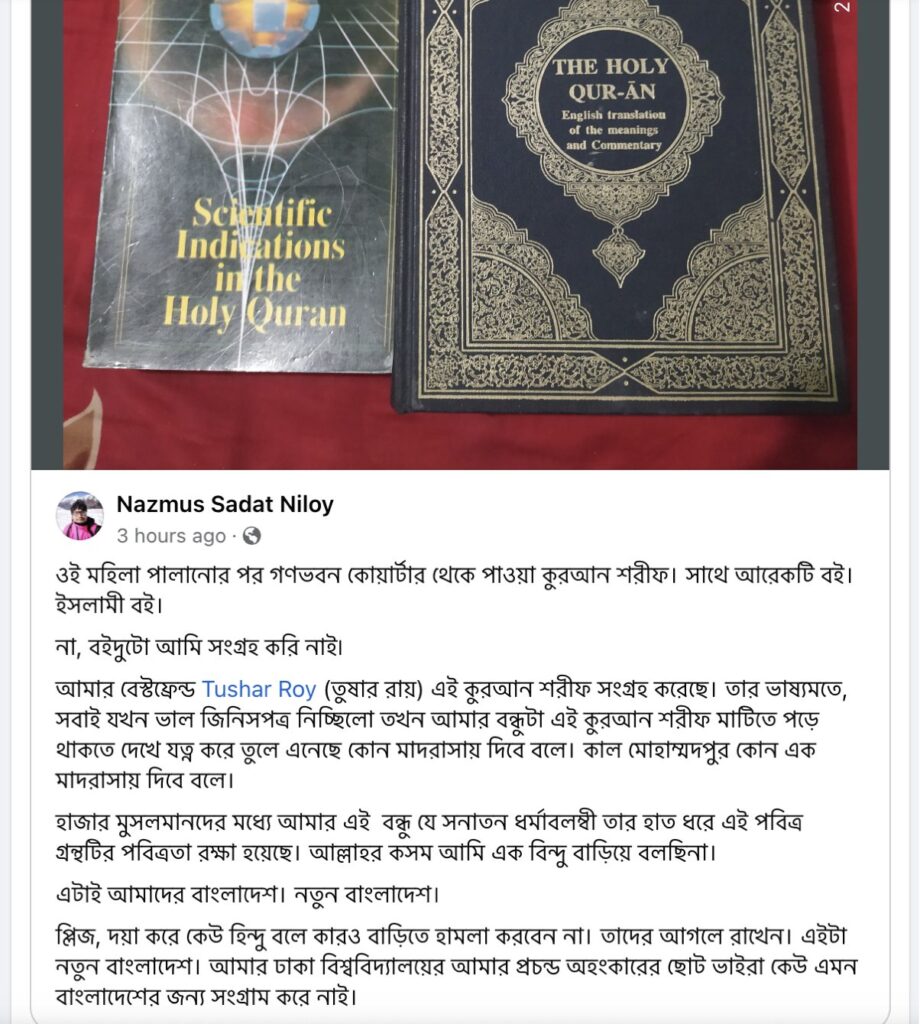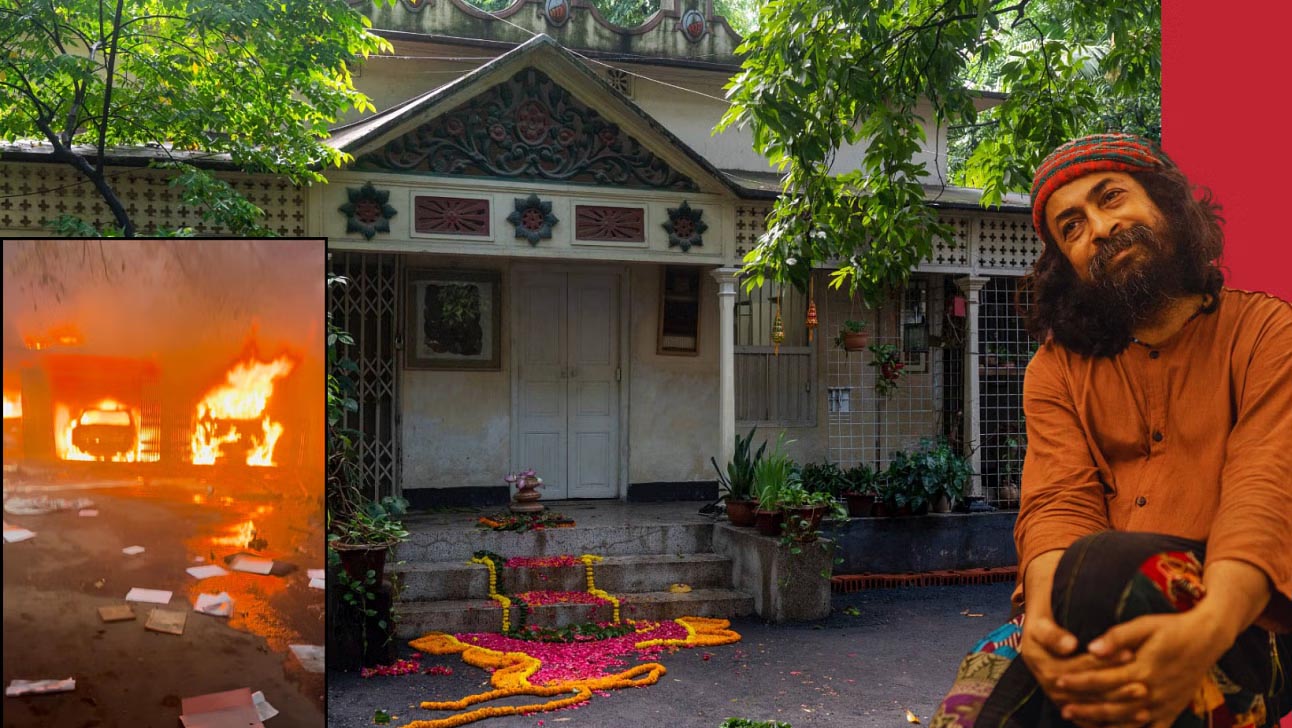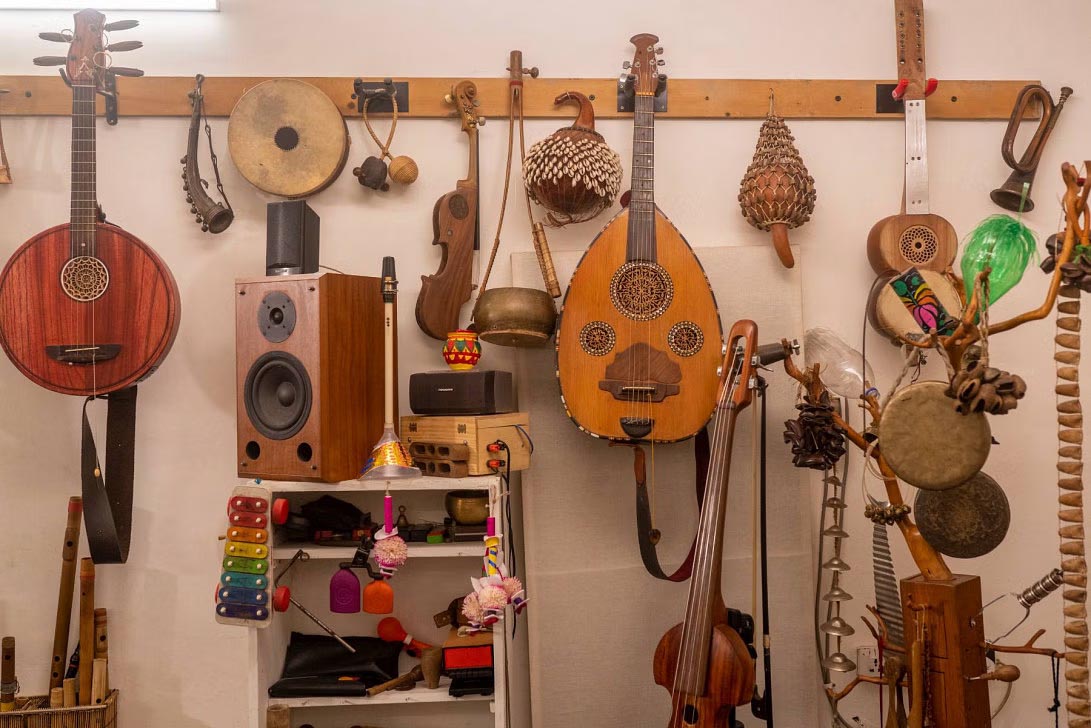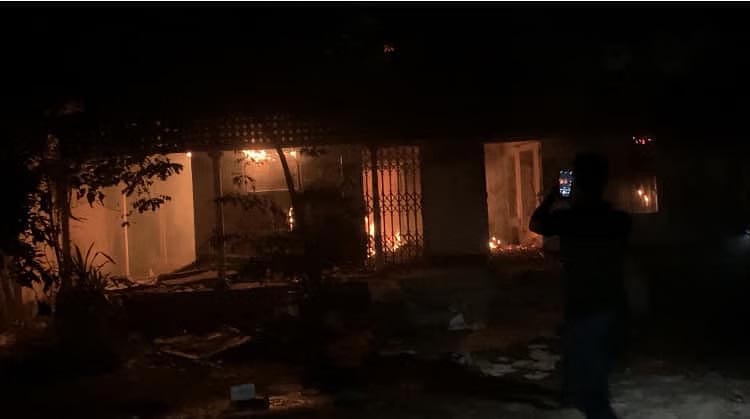Images of thousands if not hundreds of thousands of students, young person’s rooting for change, democratically, in Bangladesh, warmed the hearts. Even as the fast to follow, reports of vandalism of homes of the powerful, followed by the burning alive of persons in a hotel owned by an Awami League supporter caused concern, even despair. The mounting dread was brought really closer home when the attacks by mobs and vandals, including even Islamists became targeted, targeted at the cultural heritage of Bangladesh, the already fast dwindling Hindu population and their temples. The mob that has attempted to overcome what appears like a seriously disciplined, vast and well organised students protest –though astute detractors ask the question of the role of the Army in past weeks -has clearly fed on the fanatical sentiments that have crept into the body politic of our neighbour.
For the vibrant Anti-Discrimination Students Movement and Mohammad Yunus who is slated to take over the reigns of power in an unusual move, the challenge is both stark and immediate.
Reports from the Daily Star, Dhaka Tribune and even the Times of India have clearly detailed these attacks, eschewing any attempts at denial, even as they were condemned by rights activists within Bangladesh.

According to the Dhaka Tribune, in Jessore, the warehouse of Babul Saha, chairman of Bhagarpara’s Narikelbaria, was attacked and looted, while 22 shops of the Hindu community there were looted, and several houses were vandalised and plundered. The vandalism and attack took place on Monday night it was reported. At least 200 Hindu families live in the area, locals said. People from every house are now guarding the area at night. The newspaper also reported that during a visit on Wednesday, it was seen that Gobinda Saha, a resident of the area, was cleaning the broken window panes in front of his house, which were vandalized on Monday night. He told the newspaper that around 20-25 miscreants attacked their houses with machetes and sticks around 9:30pm on Monday.
“All of us in the family gathered inside the house and watched everything through the window. Around 10 people tried to break the main gate of my house. Later, they smashed the window glass with a brick,” he narrated. Biplab Kundu, a tenant of Shankar Kumar Mallick’s house, said: “After the attack on houses, we are keeping watch at night. Both men and women are having sleepless nights in fear.”
Govinda Saha said: “On information, three army patrol vehicles visited the spot. Activists of BNP and Jamaat had come to assure us of their support at night. Still, we cannot feel safe.” Additionally, the house of one Lakshmi Rani was also attacked and ornaments were looted on Monday night.
Hindus constitute about 8% of Bangladesh’s 170 million people and have historically largely supported Hasina’s Awami League. Bangladesh Hindu Buddhist Christian Unity Council leader Kajol Debnath said the attacks that targeted 200 to 300 houses and businesses and 15-20 temples left around 40 Hindus injured. “The situation is grave. We urge the army to ensure security for the minorities and bring the perpetrators of the attacks to book immediately,” Unity Council’s general secretary Rana Dasgupta is reported by The Times of India to have said.
For me, both journalist and rights activist, as heart-breaking as these accounts was the once iconic cultural hub of Rahul Ananda being vandalised and 3,000 rare musical instruments burnt down. The Daily Star reported the incident on August 6:
“Rahul Da and his family are shaken and take shelter to a secret place known to only a few. We could not contact him yet. It was not even his house, it was a rental space he was living in for decades,” said Saiful Islam Jarnal, one of Joler Gaan’s founding members,” reported The Daily Star. As soon as they had broken the gate, they started ravaging the house taking whatever they could find for themselves. They took everything from furniture, mirrors to valuables. After that, they torched the whole house along with Rahul da’s musical instruments,” said another close family source, to The Daily Star. In response, the Joler Gaan posted a song from their official page with a caption, “The house on Dhanmondi 32, once a sanctuary for Rahul Ananda and the Joler Gaan ensemble, was not just a residence but a creative hub where countless songs and instruments were crafted. Known for its open-door policy, the house welcomed all, where Rahul meticulously designed instruments that captured the unique sound of Bangladesh.

“However, this haven was tragically reduced to ashes, taking with it all of the band’s musical instruments, archives, and the family’s belongings. While the residents escaped safely, the loss extends beyond physical possessions, reflecting a deeper lament over the destruction of dreams and creative spirit. Despite the devastation, the message of resilience and the hope for a compassionate future remains, urging people to preserve dreams and not let anger overshadow love and understanding,” the post concluded.
What does this targeted, hopefully limited violence mean for Bangladesh, for the Indian sub-continent and South Asia? For those of us who have battled the corrosive intoxication of hate, from the time when Hindu temples were desecrated in that country –Bangladesh–after the shameful demolition of the Babri Masjid on December 6, 1992, close to 35 years ago, it seems like the beginning of a nightmare that refuses to end. A deadly spiral of tit-for-tat communal targeted violence that has once so bitterly torn us apart between 1946 and 1948. Reverberations and upheavals from that violent past tear us apart still be it in Ranchi, Ahmedabad (1969) Bombay-Bhiwandi in the early 1970s, Nellie (1983), Delhi (1984) Maliana-Hashimpura (1987), Bhagalpur (1989), Bombay 1992-1993 and Gujarat 2002. Not to mention Muzzafarnagar (2013) and the sickening individual lynchings of individual Muslims in India over the past decade.
Already the shrill and sectarian voices from those that rule Delhi and Lucknow have been heard and will no doubt impact the lives of innocent victims from among Muslims in irrational acts of “revenge”. As if the imposed plight of religious minorities under the present Indian self-proclaimed majoritarian dispensation was not bad enough to begin with.

What the young leadership in Bangladesh has brought in response this time, however has been a swift and reassuring response. “A special announcement resonated from a loudspeaker inside a mosque in Bangladesh, issued by the ‘Students Against Discrimination’ group. In a call for peace during the country’s turbulent period, the announcement urged all citizens to maintain communal harmony and protect Hindu minorities. The message emphasised the collective responsibility of safeguarding the lives and property of the minority community from potential threats posed by miscreants or evil forces. The group implored everyone to remain vigilant and uphold the values of unity and protection, highlighting the importance of solidarity in these challenging times.
On Facebook and X photos annotated with English translations in the photo text, so that non-Bengali friends also can understand and acknowledge the efforts show visuals of Muslims protecting Hindu Buddhist and Christians spaces and places of worship. So, while attacks on minorities indeed took place in many areas in the country, that is precisely why the students, the people of Bangladesh spontaneously in Chittagong and elsewhere, came forward for protection, to fight the bigots of their country. India and Indians needs to condemn the violence against Hindus in our neighbouring country but also fight the bigots within ours and their poisonous narratives, using these pictures. Let us all learn how to behave responsibly as majority population in a turbulent time like this.

It has been these abiding acts and images that have offered hope even as the new dispensation yet to be seen in Dacca faces a serious test. For us in India, the challenge is to first unequivocally condemn any signs of targeted violence in Bangladesh while supporting a genuinely democratic upsurge. This is both complicated yet imperative.

Are there enough of us in India and Bangladesh to do both? Both passionately and unequivocally?
Related:




